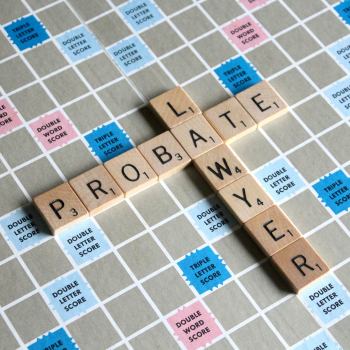A recent letter to us from a Connecticut resident asked how to find a caring, responsible advocate to provide for her well-being in the later stages of life. A significant part of the answer is to retain a law firm that is part of the national Life Care Planning Law Firms Association. That is comprised of law firms dedicated to a holistic elder law practice “that offer legal resources to help elderly clients and their families respond to the challenges of aging, long term illness and disability. That kind of law firm has elder care coordinators (usually social workers) and lawyers and paralegals who know the Medicaid rules and Veteran Administration rules for homecare in Connecticut. The goal of the Life Care Planning Law Firm is first and foremost to do the planning and documents necessary to keep the elder person in the best living situation in the community, and not in a nursing home.











